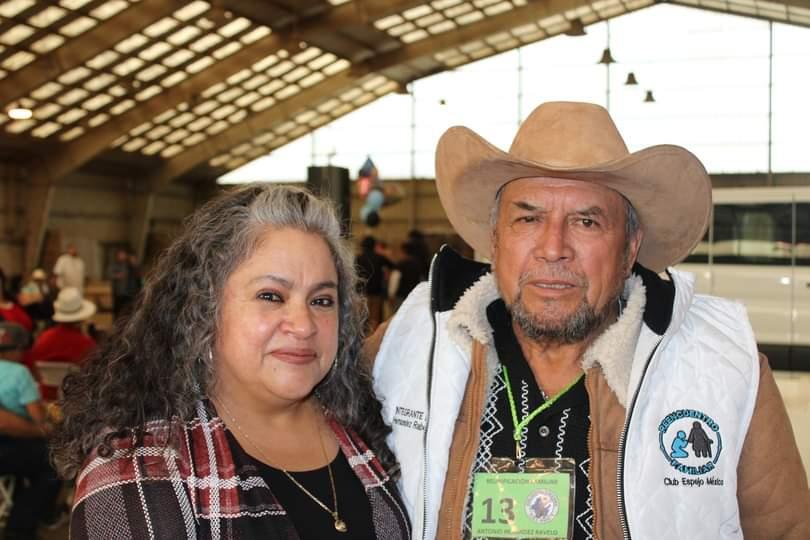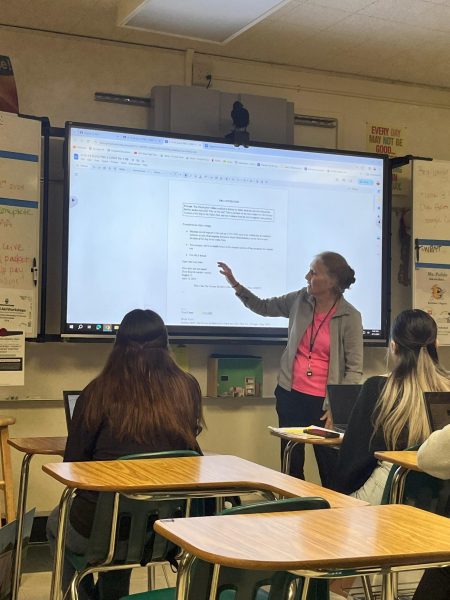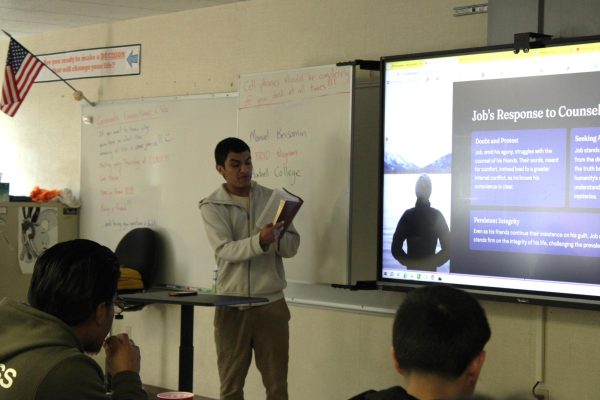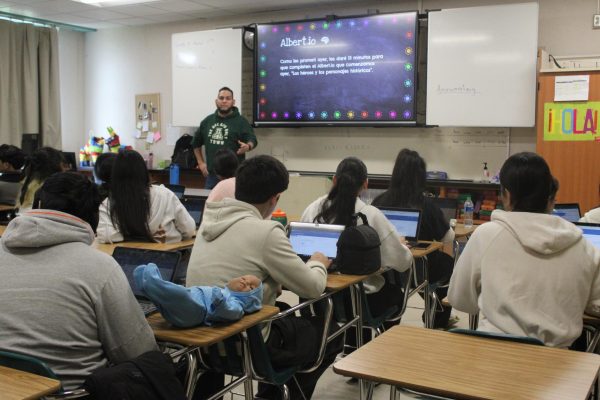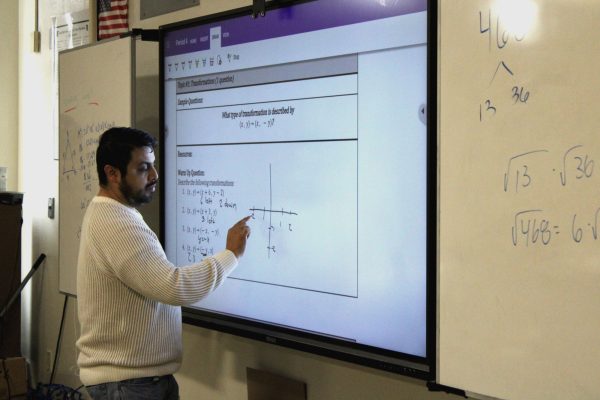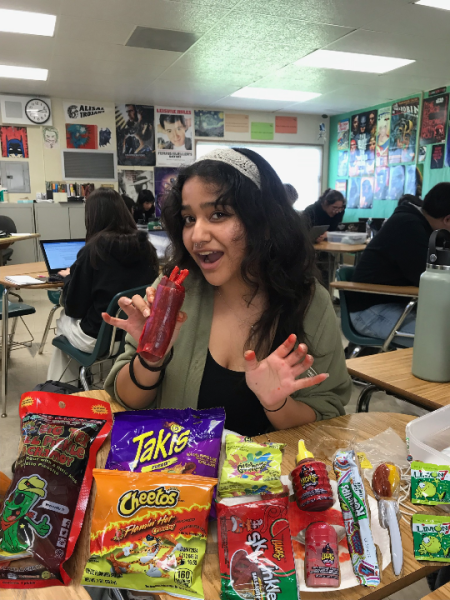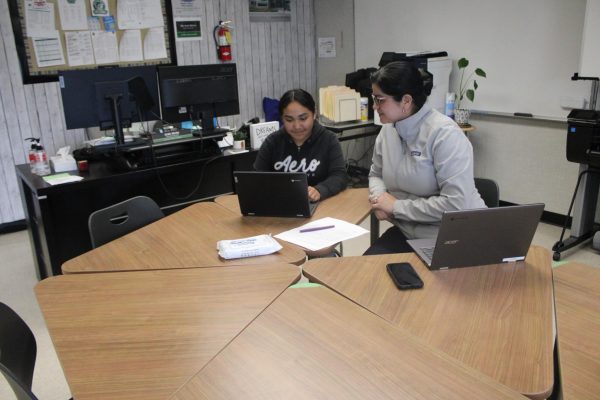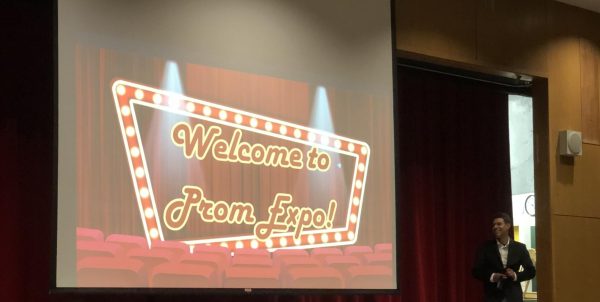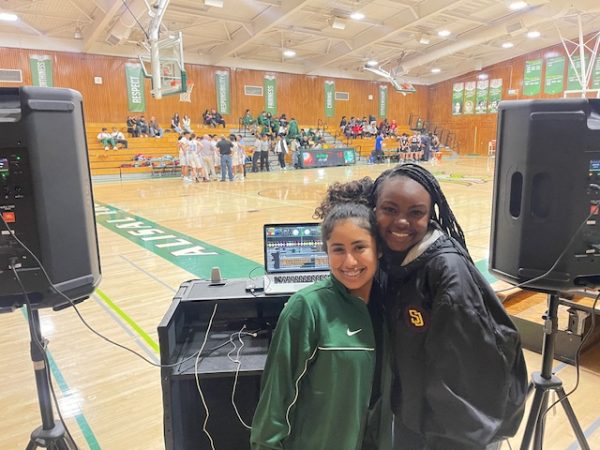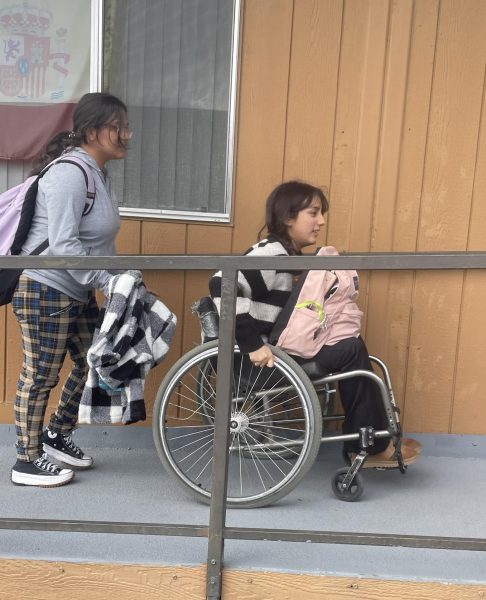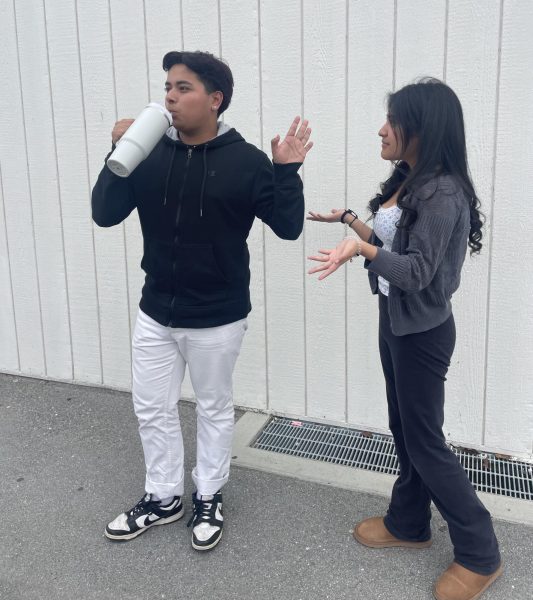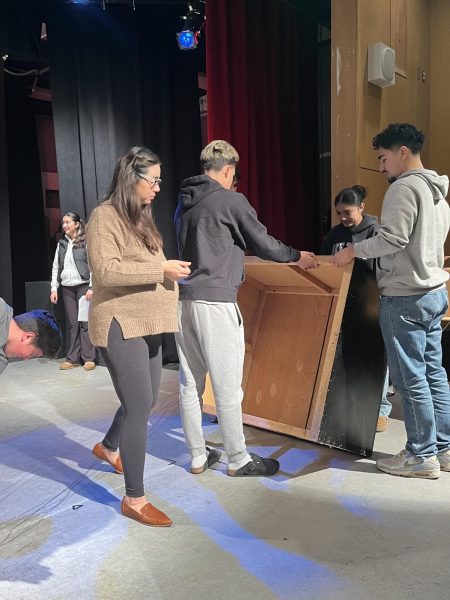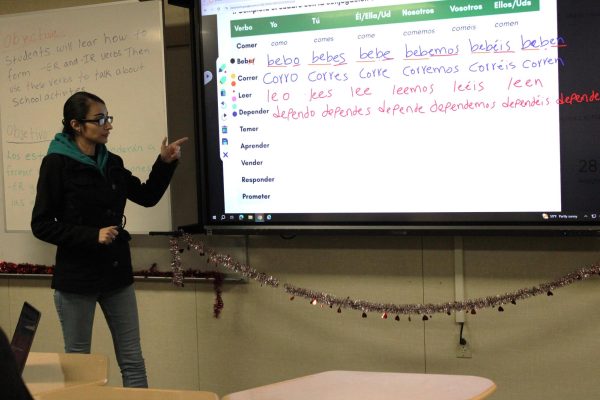Hidalguenses en California seeks to reunite families
After not seeing her father for over 20 years, Elizabeth Hernandez was reunited with her father Antonio Hernandez this past August, thanks to Hidalguense en California. “It gave me happiness to finally see my family again,” Antonio Hernandez said.
Hundreds of thousands of Mexican immigrants have left their life and family to explore the opportunity for a better life. With that comes the harsh reality of leaving family, the people closest to them. Though for said immigrants that want to bring their families over there is hope.
That hope comes in the form of a club designed to help parents in Mexico reunite with their children. Hidalguenses en California or “Club El Apapacho”is an organization that supports parents in Mexico to obtain a humanitarian visa to visit their immigrant children in the United States. Their activism targets more people 65 and older, who have immigrant children who haven’t been reunited for more than a decade.
According to Acceso Latino, Ana Bautista founded this organization in 2017. She was “[n]ewly arrived and alone in the United States, disconnected from her family and her son, and grieving over the death of her mother from a distance, Bautista began her activism in search of reuniting her father and children separated by migration.”
The club, which has helped more than a dozen families reunite this year, consists of a process that is dedicated to finding the best candidates for a temporary humanitarian visa for a stay of one month. “That one month is hard to get,” said Marin Silva, a public relations spokesperson for the group. Candidates face multiple background checks and need a conducted interview with the local immigration officials in Mexico. Once they pass the Mexican officials, they also later need to be approved by the United States .“There has to be a history of no recent crime committed or a stint of illegal activity, the U.S is hard to please,” Silva said.
One family who successfully completed the process was the Magaña family. Who split up during the 90’s due to naturalization issues.
The eldest daughter of the Magaña family is Elizabeth Hernandez, who felt as though she was losing time to see her family, and so in the middle of the pandemic, so she researched and asked around for services. “I felt like I needed to do something…I felt as if nobody helped until I found out about the club,” Hernandez said. “It gave me hope and that hope made me so glad to be reunited with my parents.” After being apart for decades, the family was reunited in August.
People can contact the club by going on their Facebook and contacting them through the phone number on the Facebook Hidalguenses en California “Club El Apapacho” for more information. “It’s a good opportunity for people that have exhausted their measures and have come to their last measure,” Silva said.
Your donation will support the student journalists of Alisal High School. Your contribution will allow us to purchase equipment and cover our annual website hosting costs.



